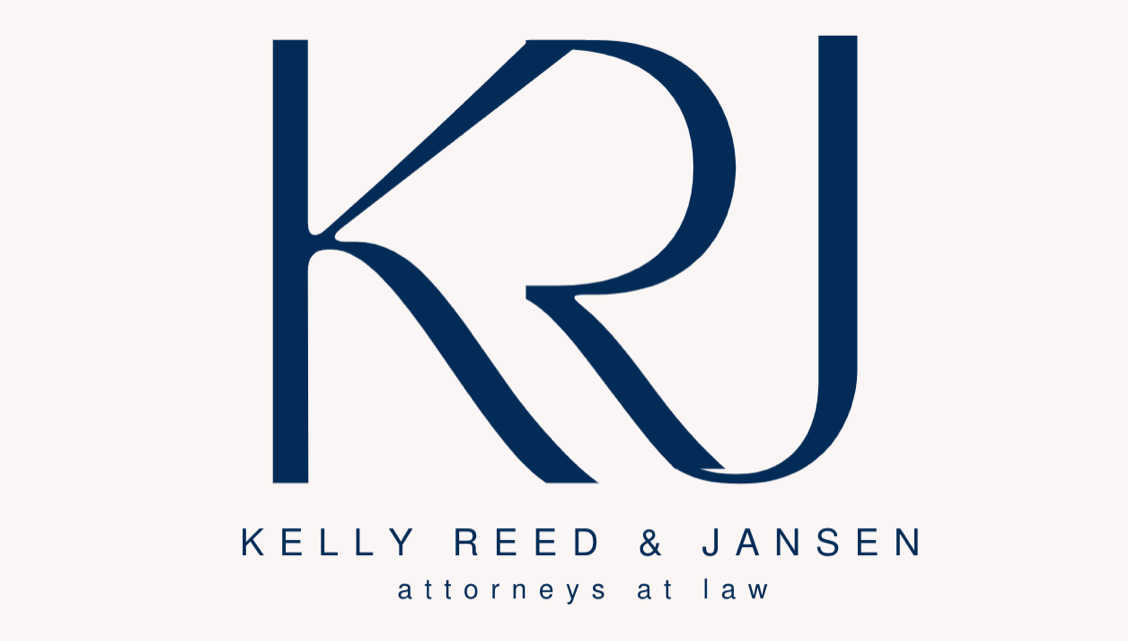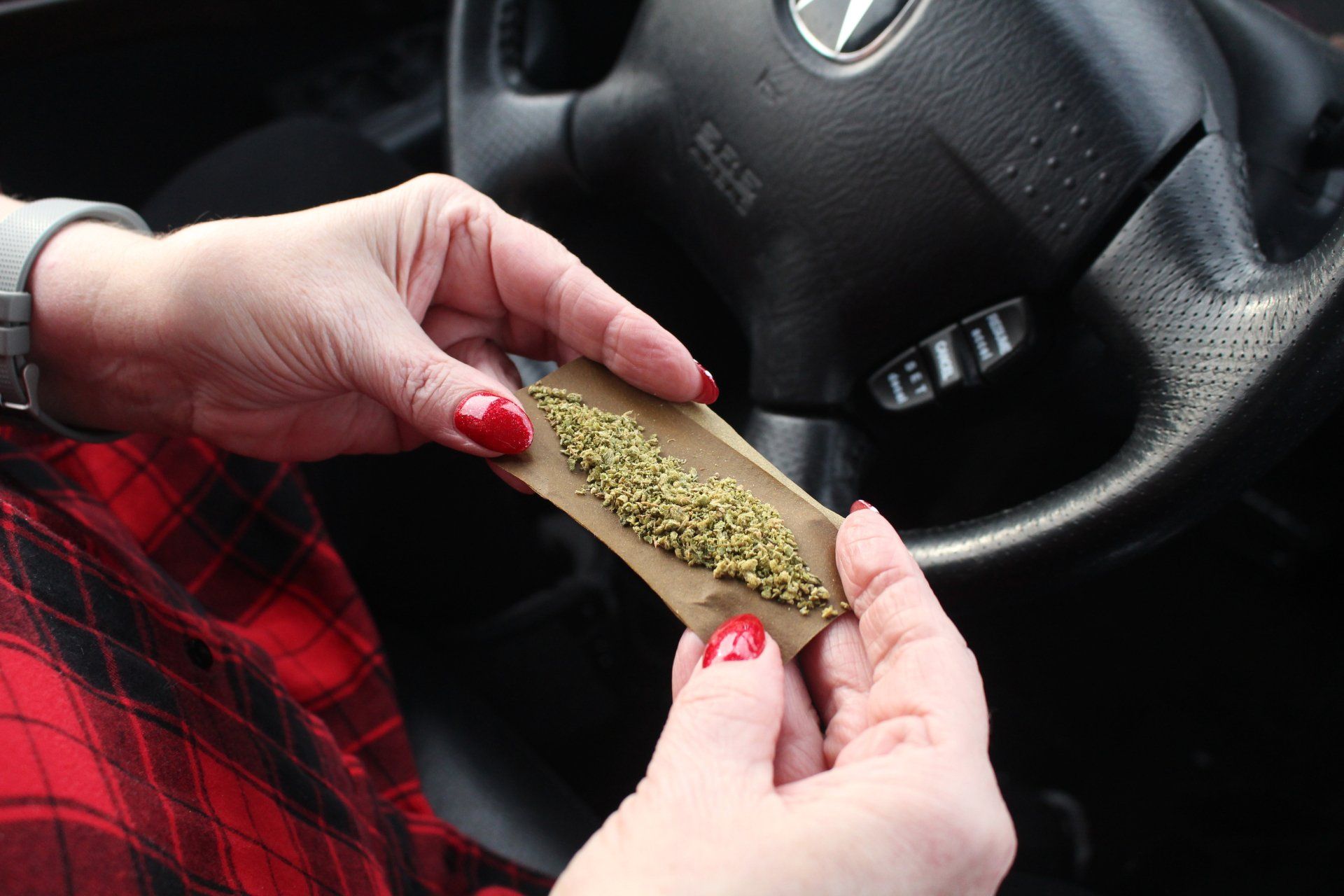What is a ‘bad check?’
Not so many years ago, you could write a check to your landlord or the grocery store knowing that the money would be in your account when you got paid in a couple of days and before the check reached your bank. No one would be the wiser because it took checks days to clear.
Now checks can easily hit your account the same day, and if the money isn’t there to cover them, your payee will be charged by their bank and pass those charges on to you – and then some. You’ll also get a non-sufficient funds (NSF) charge from your financial institution.
What does the law say?
Knowingly writing checks against money that’s not in your account isn’t just poor financial management. It’s illegal. Of course, so is writing checks on an account that has been closed, an account that doesn’t exist or using stolen checks. Intentionally passing “bad checks” is considered fraud. Depending on the amount, you could face misdemeanor or felony charges.
Florida law specifically addresses “Giving worthless checks, drafts, and debit card orders.” If the amount is under $150, it’s a misdemeanor. If it’s $150 and above, it’s a felony.
It’s easy to make a mistake with your checking account. You think you have more money in it than you do, or you and your spouse may both use their debit cards on a joint account at the same time, and both transactions are processed when they shouldn’t be. An occasional honest mistake isn’t going to land you in jail.
However, sometimes people get desperate. Maybe you needed something before payday, so you wrote a bad check. Perhaps it was all some kind of misunderstanding. Whatever the circumstances, you could find yourself facing serious charges. An experienced attorney can help you lessen the impact on your life.










